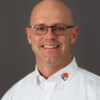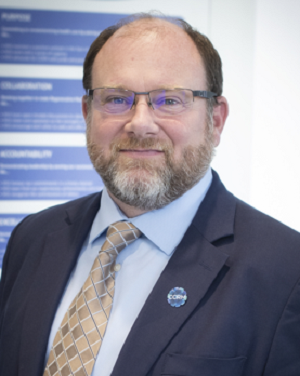Michael H. May, Ph.D.
President & CEO Centre
Commercialization of Regenerative Medicine (CCRM), Toronto
Michael May is President and CEO of the Centre for Commercialization of Regenerative Medicine (CCRM), a Canadian, not-for-profit that develops technologies, launches new companies and catalyzes investment in the field of regenerative medicine, including cell and gene therapy. CCRM is now seeking partners and financing for a commercial scale cell and gene therapy facility. Prior to CCRM, Michael was the President, and co-founder, of Rimon Therapeutics Ltd., a Toronto-based tissue engineering company developing novel medical polymers that possess drug-like activity.
Michael sits on a number of boards and advisory committees including: the ARM Foundation for Cell & Gene Medicine; AgeX Corporation; panCELLa Inc.; CCRM Enterprises; the International Advisory Board of the Swedish Centre for Advanced Medical Products (CAMP); the Poietis SAB; the Entrepreneurship Leadership Council at the University of Toronto; the Cell and Gene Therapy Insights, Editorial Advisory Board; the Commercialization Committee of the International Society for Cell and Gene Therapy; He is the Chairman of ExCellThera Ltd.
Dr. May completed his PhD in Chemical Engineering at the University of Toronto in 1998 as an NSERC Scholar and was awarded the Martin Walmsley Fellowship for Technological Entrepreneurship.
- Many companies are developing off-the-shelf (OTS) allogeneic products based on cells obtained from healthy patients that are modified with gene editing to impart new features and knock out undesirable functionality (such as those that cause immune rejection responses). The modified cells are then expanded to produce large quantities of product that can be frozen and stored for use when needed by many patients.
- Patient-specific cell therapies (PSCTs) are most often autologous, but can also be allogeneic (from a donor matched to the patient to avoid immune rejection). The key difference from OTS products is the need to use a separate manufacturing batch for each patient. Gene editing is also often used for PSCTs, such as in adoptive cell transfer (ACT) with chimeric antigen receptor (CAR) T cells.
Then discuss the manufacturing challenges and potential solutions.



